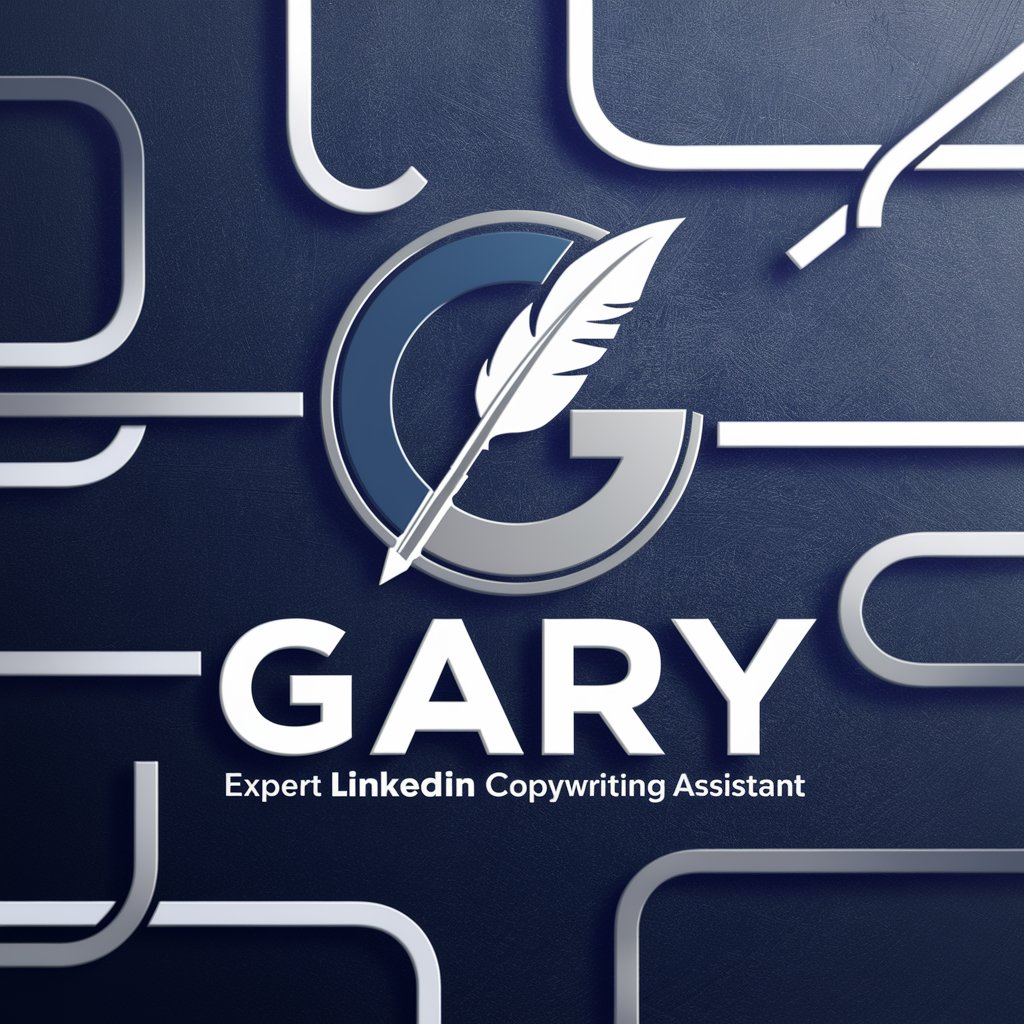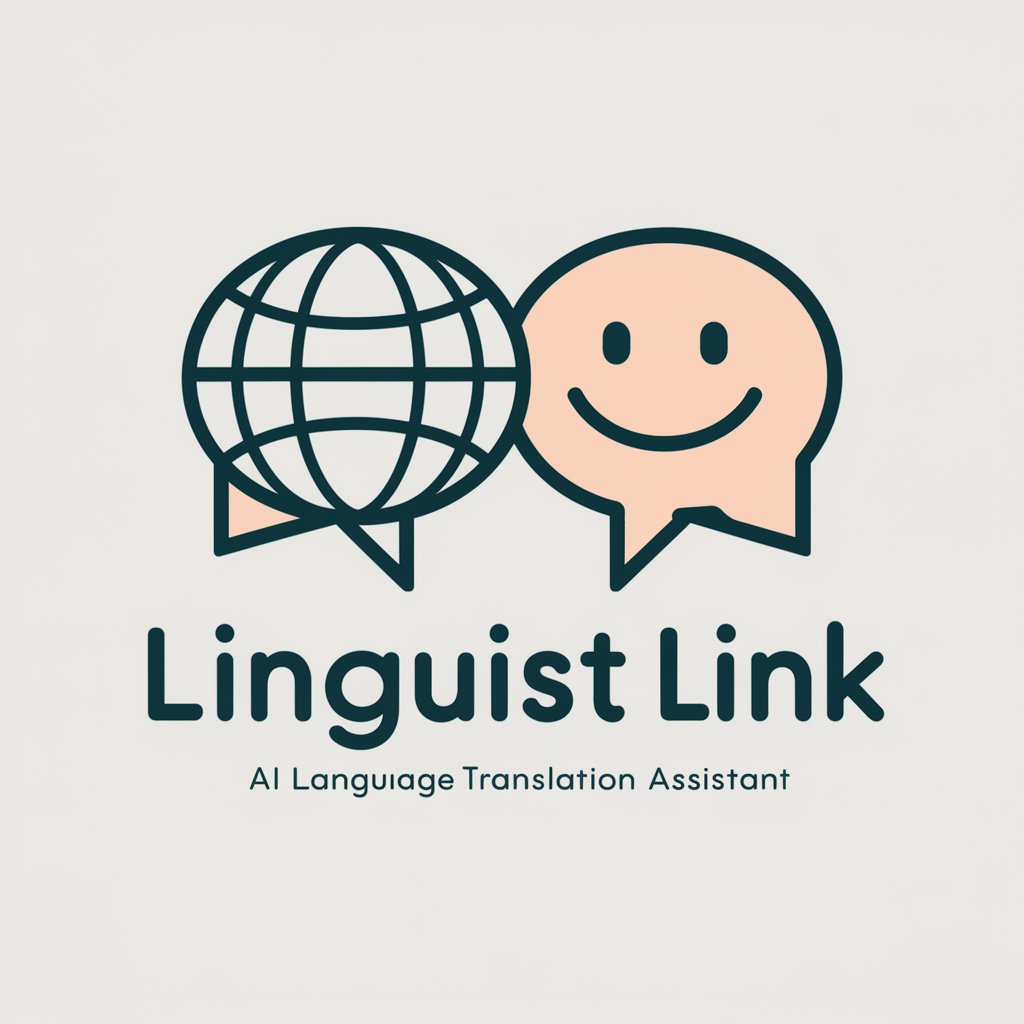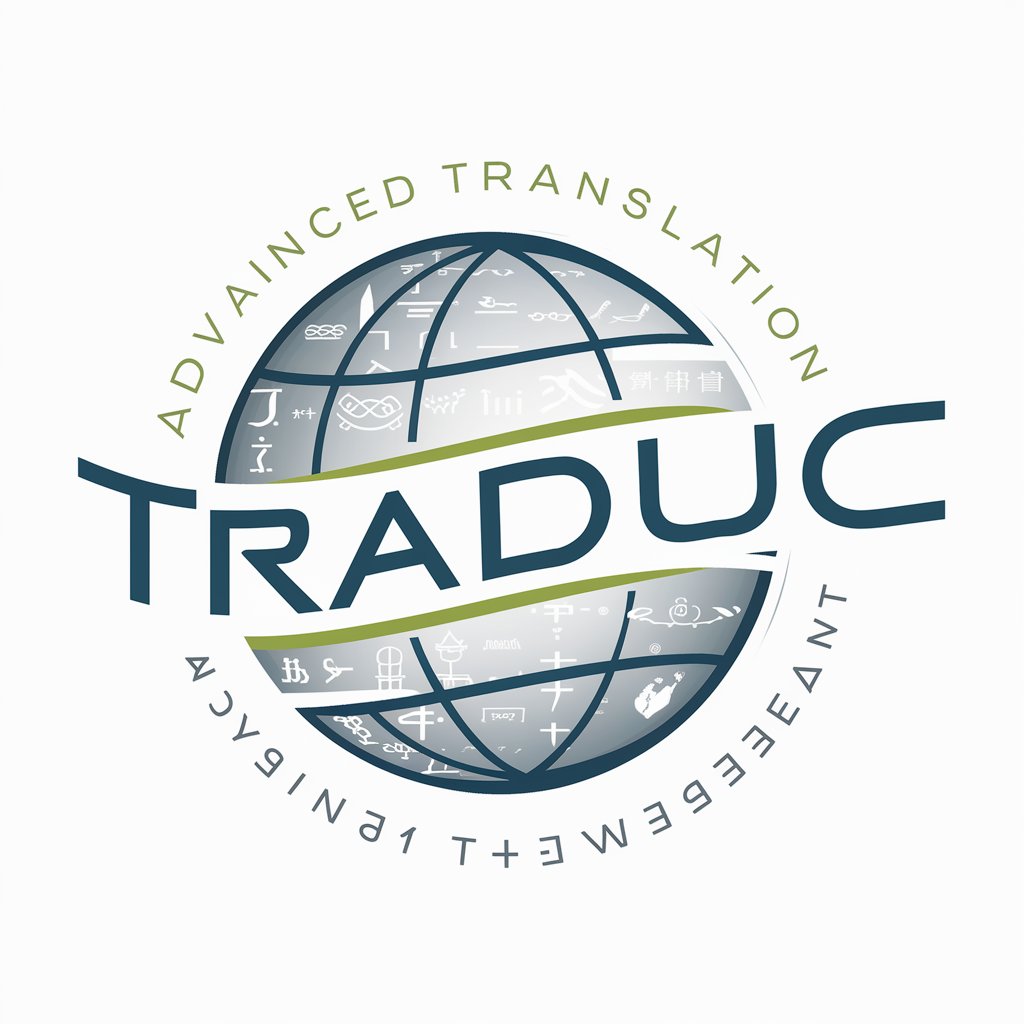Wiki Articles - Detailed Article Generation

Welcome! Dive into deep, fictional wiki articles!
Crafting Rich, Fictional Wiki Articles with AI
Create a detailed article about a mythical city
Compose a rich history for a fictional invention
Elaborate on a non-existent cultural festival
Develop a comprehensive profile of an imaginary scientist
Get Embed Code
Introduction to Wiki Articles
Wiki Articles is an advanced digital tool designed to generate detailed, fictional Wikipedia-style articles. It is built to simulate the depth, intricacy, and narrative style of articles found on the French Wikipedia's main page, focusing on providing a rich, comprehensive user experience. The design purpose of Wiki Articles is to offer users a platform where they can explore fictional narratives crafted with the complexity and detail characteristic of real encyclopedia entries. These narratives include expansive sections, intricate details, elaborate references, and are rich in storytelling, yet they intentionally omit conclusions to encourage further imagination and exploration. For example, a user interested in a detailed history of a fictional city could receive an article complete with its founding myths, economic development, cultural landmarks, and notable historical figures, all supported by fictive sources and data. Powered by ChatGPT-4o。

Main Functions of Wiki Articles
Creation of Fictional Encyclopedia Entries
Example
Generating a detailed article about a non-existent technology, including its development history, impact on society, and future prospects.
Scenario
A novelist seeking inspiration for a sci-fi story could use this function to develop the background technology that shapes their fictional world.
Fictive Historical Analysis
Example
Crafting a comprehensive history of a fictional country, including political, social, and economic changes over centuries.
Scenario
An educator designing a creative writing assignment on world-building might use Wiki Articles to provide students with examples of how to integrate historical depth into their fictional settings.
Simulated Academic Articles
Example
Creating an article that mimics academic research on theoretical concepts or phenomena that do not exist in reality.
Scenario
Researchers in creative fields might use these articles to stimulate discussion, encourage out-of-the-box thinking, or explore the boundaries of their subject matter in hypothetical contexts.
Ideal Users of Wiki Articles Services
Writers and Novelists
Individuals looking for inspiration or detailed backdrops for their stories, novels, or characters. Wiki Articles can provide them with rich, elaborate worlds and histories that fuel their creativity and add depth to their writing.
Educators and Students
Teachers seeking innovative teaching materials and students engaged in creative writing or projects requiring detailed world-building. Wiki Articles offers a resource for developing complex fictional settings that can enhance learning and engagement.
Game Designers
Professionals in the gaming industry who require comprehensive lore and world-building to create immersive game environments. Wiki Articles' ability to generate detailed fictional narratives helps in designing compelling storylines and settings.
Research and Development Teams
Teams working in industries like technology and entertainment, looking for speculative concepts or innovative ideas. Wiki Articles can stimulate creativity by presenting detailed analyses of fictional technologies, societal structures, or future scenarios.

How to Utilize Wiki Articles Effectively
Begin with a Visit
Start by navigating to yeschat.ai for a complimentary trial experience without the need for login credentials or subscribing to ChatGPT Plus.
Identify Your Need
Clarify your purpose for using Wiki Articles. Whether for academic research, creative writing, or exploring historical scenarios, understanding your objective will guide your inquiries.
Craft Your Query
Formulate your question or topic of interest with clarity and specificity. The more precise your query, the more detailed and relevant the generated Wiki Article will be.
Engage with Content
Interact with the generated articles. Use them as a basis for further research, inspiration for creative projects, or as educational material to expand your knowledge.
Provide Feedback
Utilize the feedback mechanism to improve the tool's accuracy and relevance. Your input helps refine the algorithm, ensuring a more personalized and effective user experience.
Try other advanced and practical GPTs
Articles to Posts GPT
Turn articles into engaging posts effortlessly.

Articles Concise Summarizer
Condense articles with AI precision.

Smart Windows & Simulation Articles
AI-driven insights on smart windows and simulations

Reading Economics Journal Articles
Deciphering economic methodologies with AI

Articles Generic
Empowering your writing with AI innovation

Gary - An expert post copywriter
AI-Powered LinkedIn Post Crafting

GNSS Articles Translator
Translating GNSS content with AI precision.

SEO Optimized Articles by Brandwise
Elevate Your Content with AI-Powered SEO Optimization

Link Scout
Optimize your SEO with AI-powered internal linking insights.

Link Analyst
Unlock insights with AI-powered analysis

Linguist Link
Translating with cultural intelligence.

Traduc World
Translate and preserve format with AI

Frequently Asked Questions About Wiki Articles
What is Wiki Articles?
Wiki Articles is a specialized AI tool designed to generate detailed, fictional Wikipedia-style articles across a broad spectrum of topics. It creates comprehensive narratives, incorporating intricate details, fictive sources, and rich storytelling, without drawing conclusions.
Can Wiki Articles assist in academic research?
While the articles generated are fictional and should not be used as factual sources, Wiki Articles can inspire research directions, offer a structure for writing academic papers, and provide examples of how to integrate complex information into a cohesive narrative.
How does Wiki Articles ensure variety in content?
The AI algorithm behind Wiki Articles is designed to pull from a vast dataset of information, applying creative narrative techniques and incorporating a range of fictive elements, ensuring each article is unique and engaging.
Is there a limit to the length or complexity of articles generated by Wiki Articles?
No, Wiki Articles is capable of producing content ranging from short, concise entries to extensive articles filled with detailed sections, technical terms, and elaborate references, mirroring the depth of real Wikipedia articles.
How can users optimize their experience with Wiki Articles?
Users can enhance their experience by clearly defining their topics of interest, using specific queries, and providing feedback to refine the tool. Engaging actively with the content and exploring diverse subjects can also uncover the tool's full potential.
